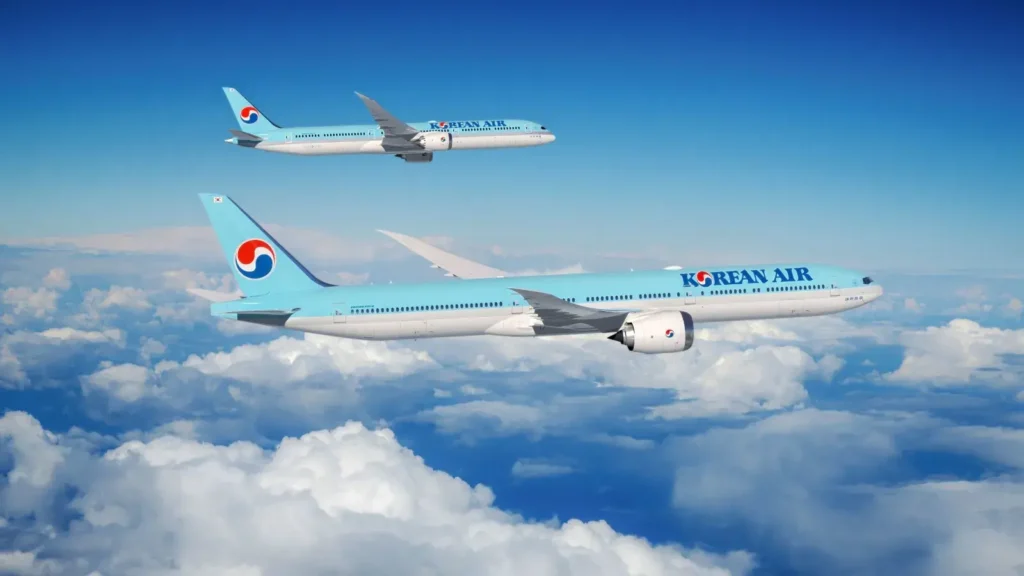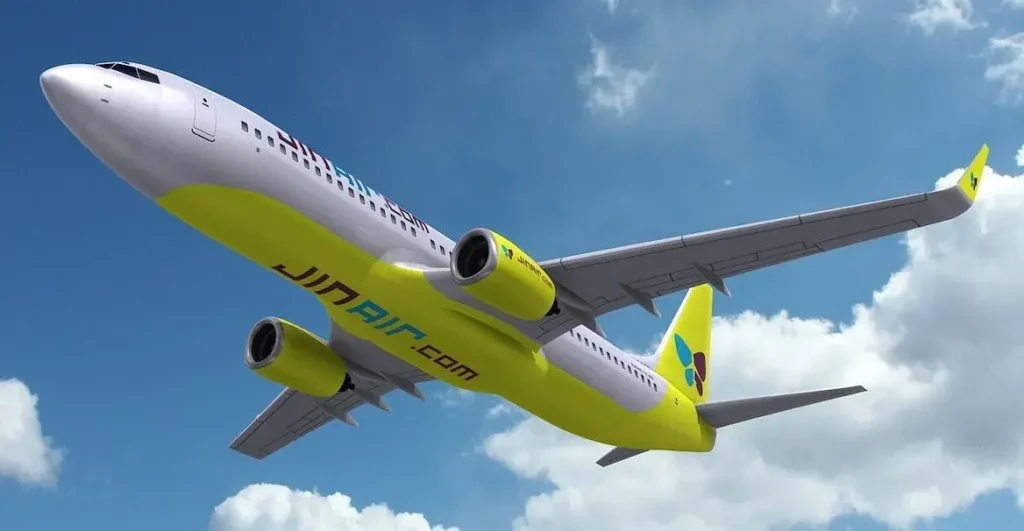Korean Air Completes $1.3 Billion Acquisition of Asiana Airlines
Korean Air has finalized its $1.3 billion acquisition of a 63.88% stake in Asiana Airlines, marking one of the largest aviation mergers in recent history. The landmark deal was completed on December 12, 2024, after Korean Air successfully secured regulatory approvals in 14 jurisdictions, including a comprehensive review by the U.S. Department of Justice (DOJ). The DOJ investigation focused on the impact of the merger on passenger and cargo routes between Asia and the United States. Following its review, the DOJ chose not to take any action, effectively greenlighting the acquisition. This merger is set to reshape the global aviation landscape, enhancing the competitiveness of Korea’s national aviation industry and fortifying Incheon Airport’s position as a major international hub for passenger and cargo traffic. Industry experts view the deal as a pivotal step in consolidating the strengths of both airlines to deliver enhanced services, streamline operations, and expand global reach. Korean Air’s strategic move is expected to bolster its market share and improve efficiency in a highly competitive industry. With this acquisition, Korean Air aims to leverage Asiana Airlines’ resources and expertise, creating synergies that will benefit travelers and the broader aviation ecosystem. As the integration process unfolds, the deal is anticipated to stimulate further innovation and growth within Korea’s aviation sector. This milestone solidifies Korean Air’s position as a global leader in the aviation industry, setting a precedent for strategic mergers and collaborations in the years ahead. Source: clearygottlieb Photo Credit: clearygottlieb
Korean Air Completes $1.3 Billion Acquisition of Asiana Airlines Read More »


